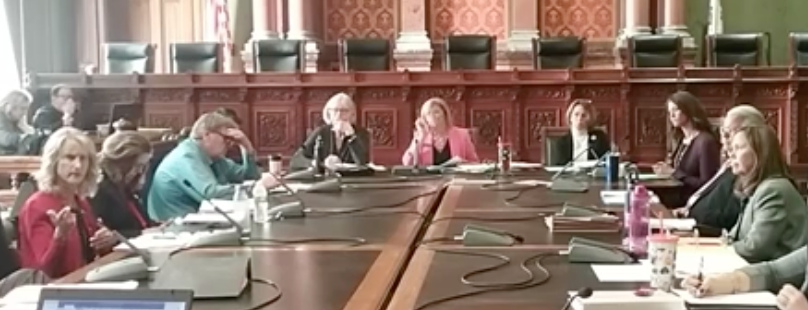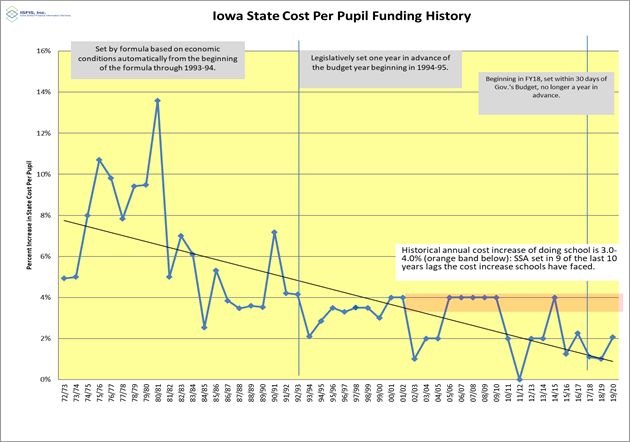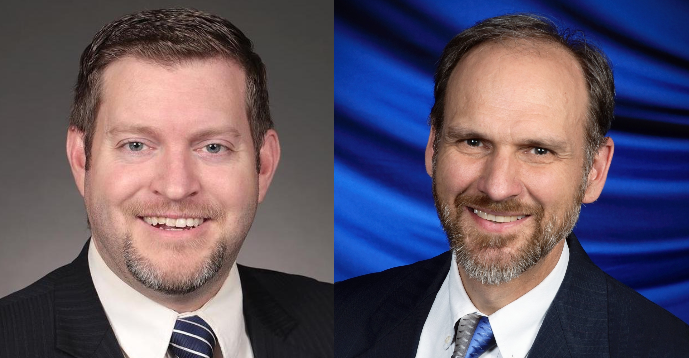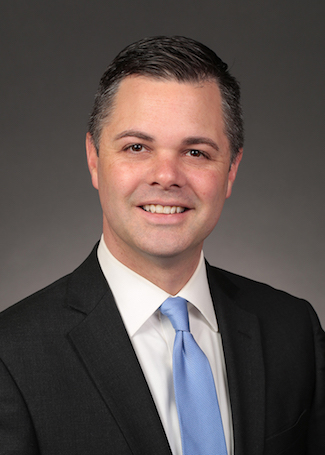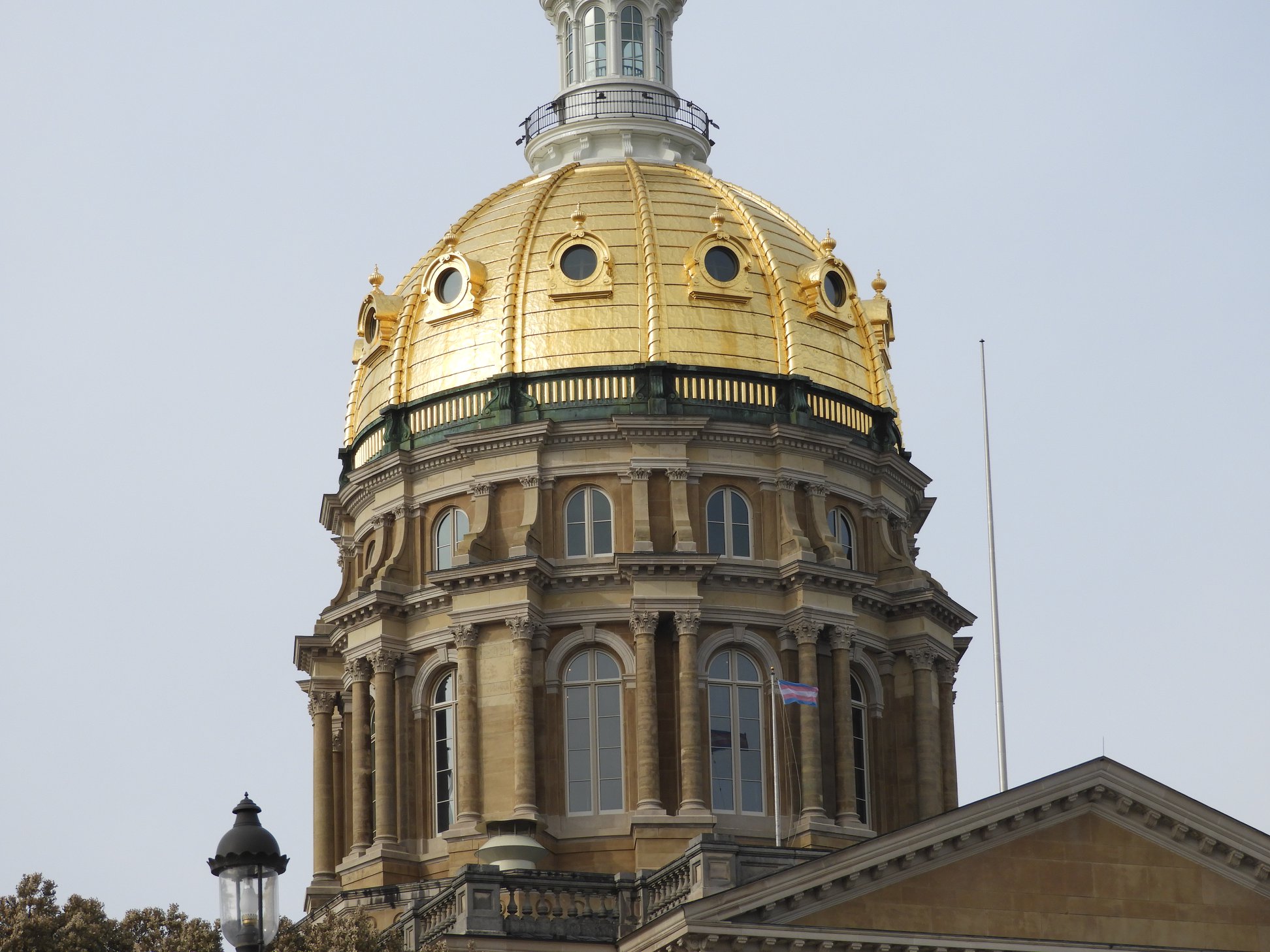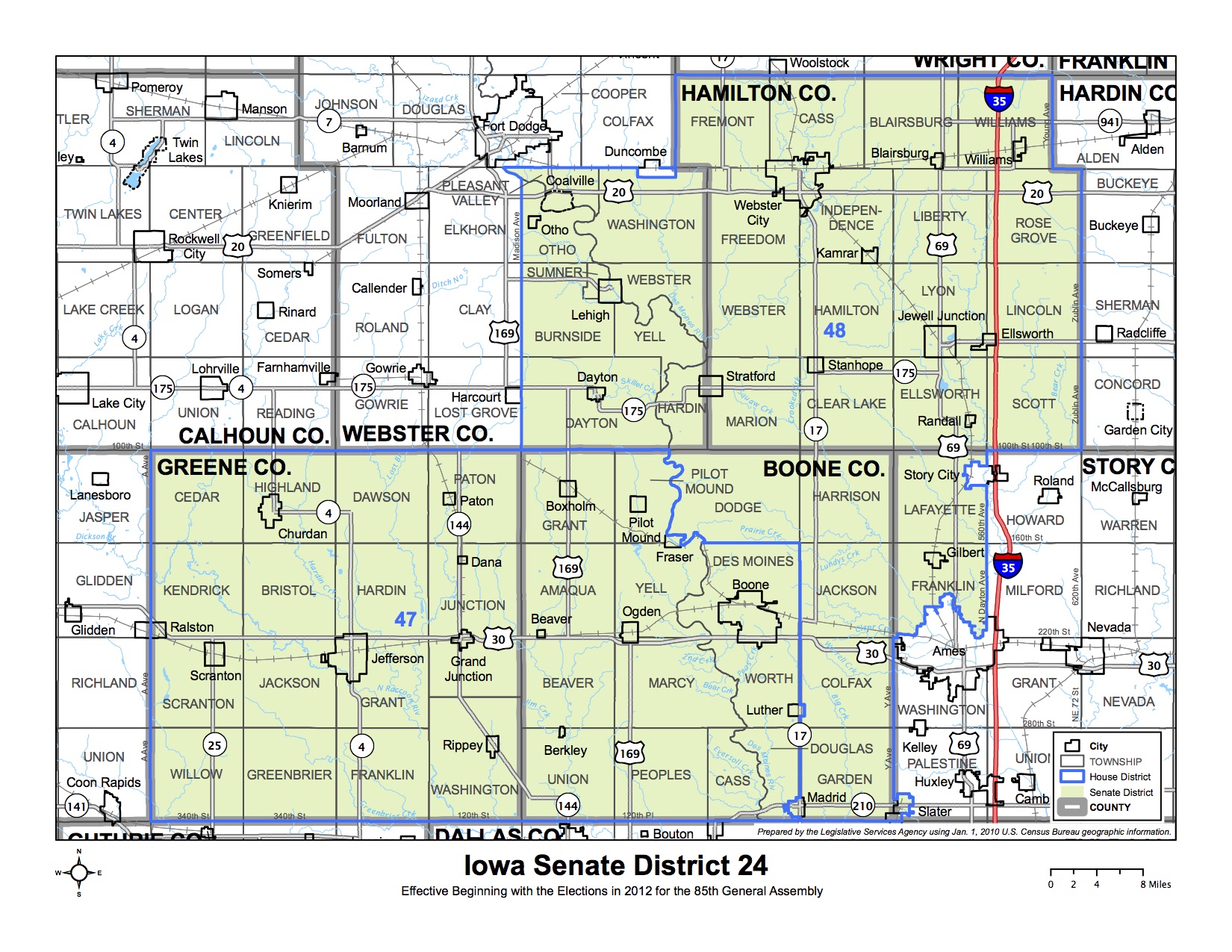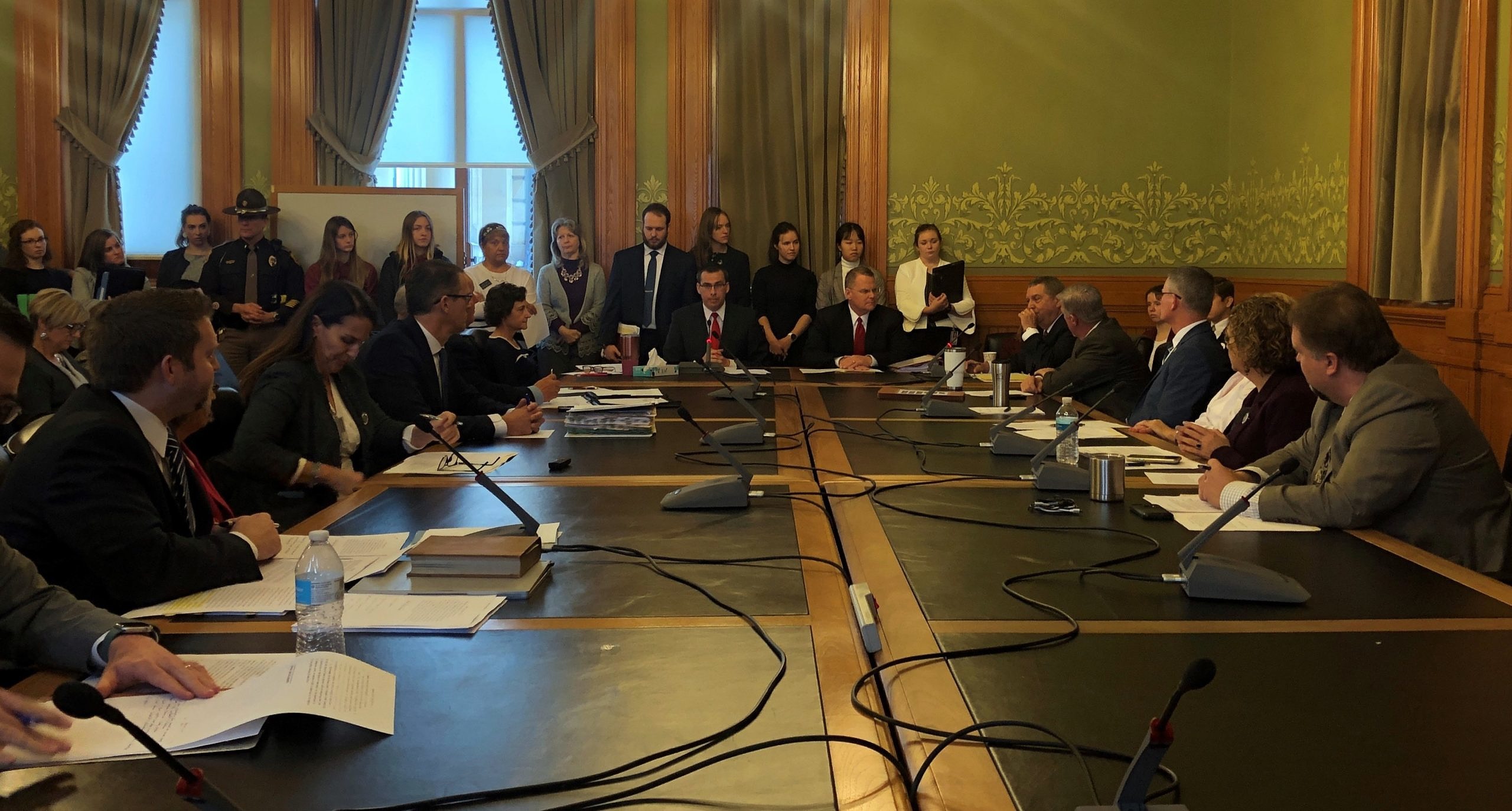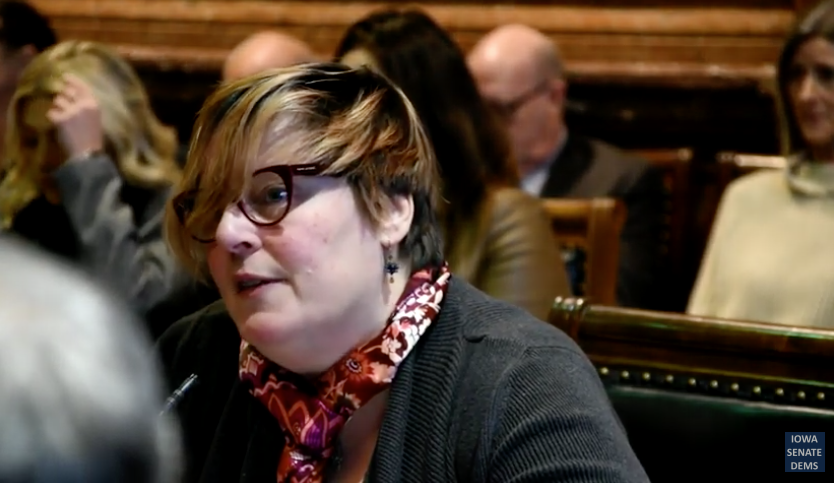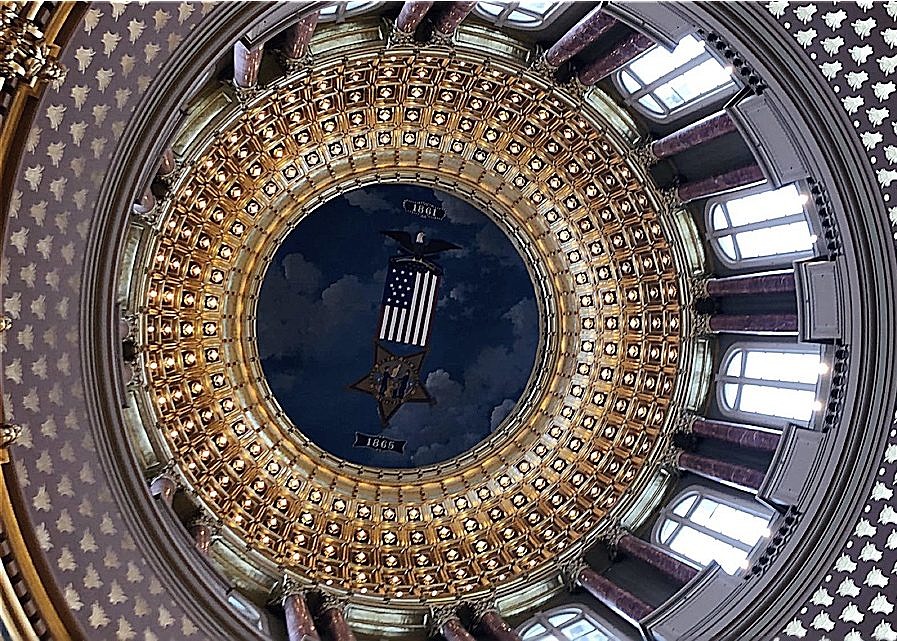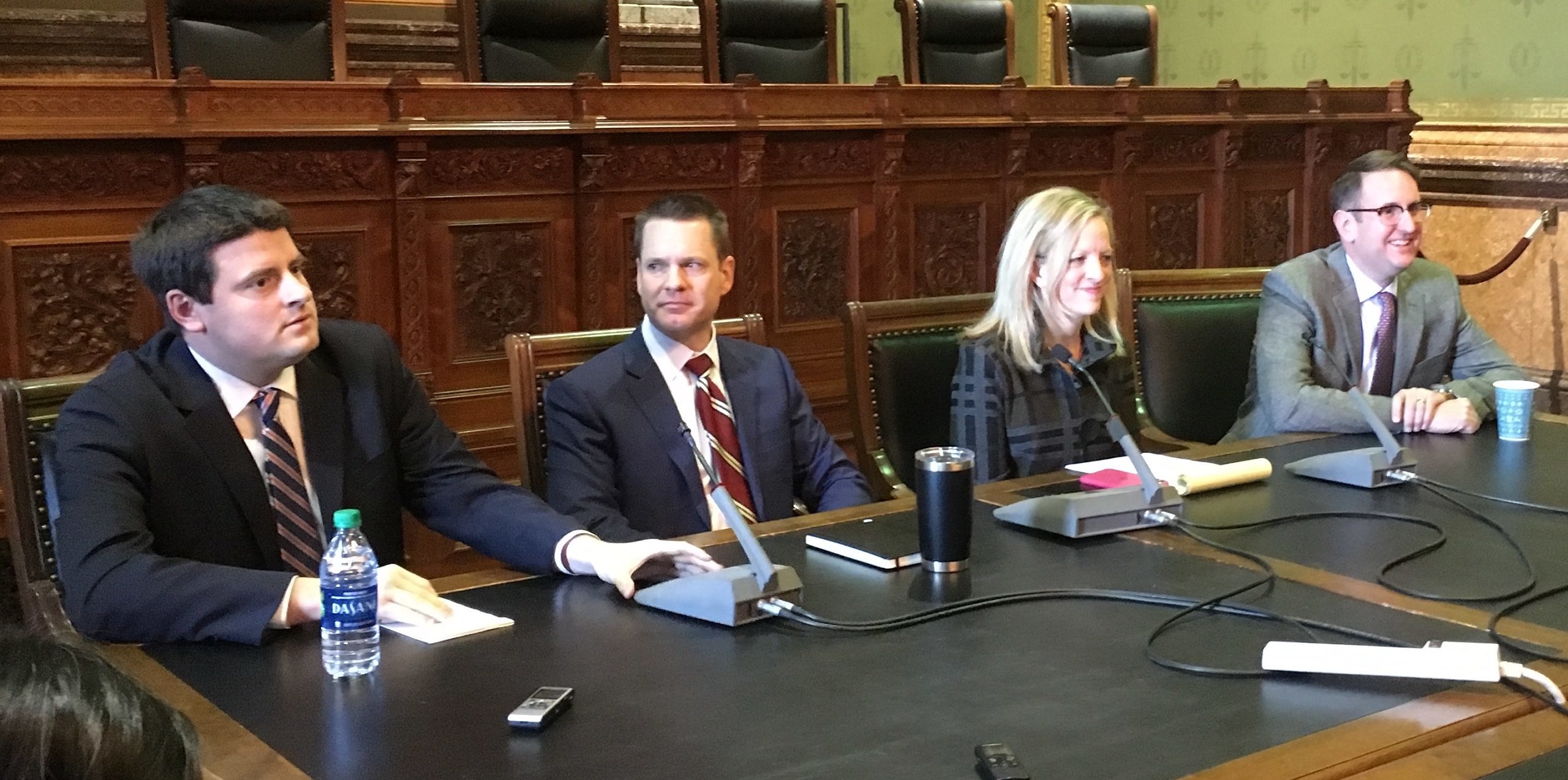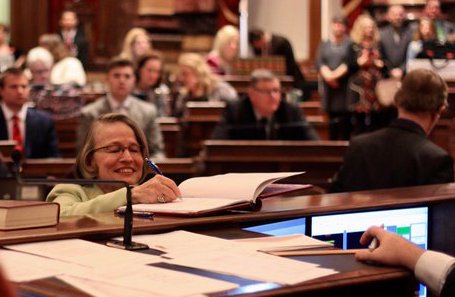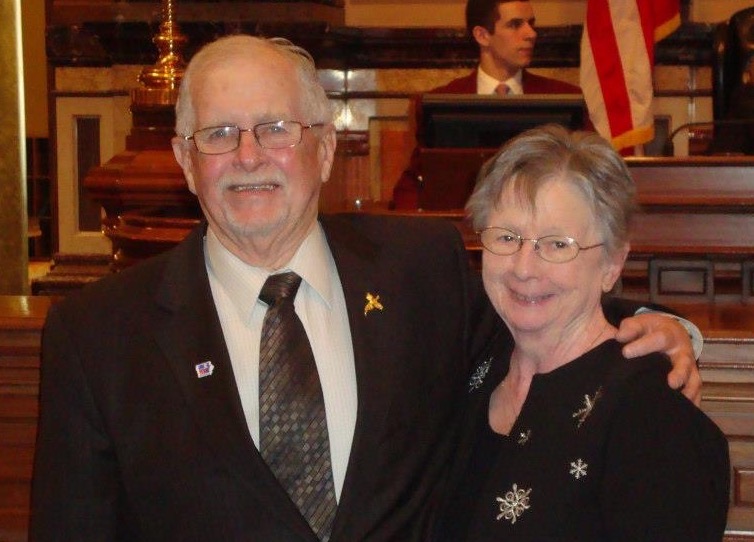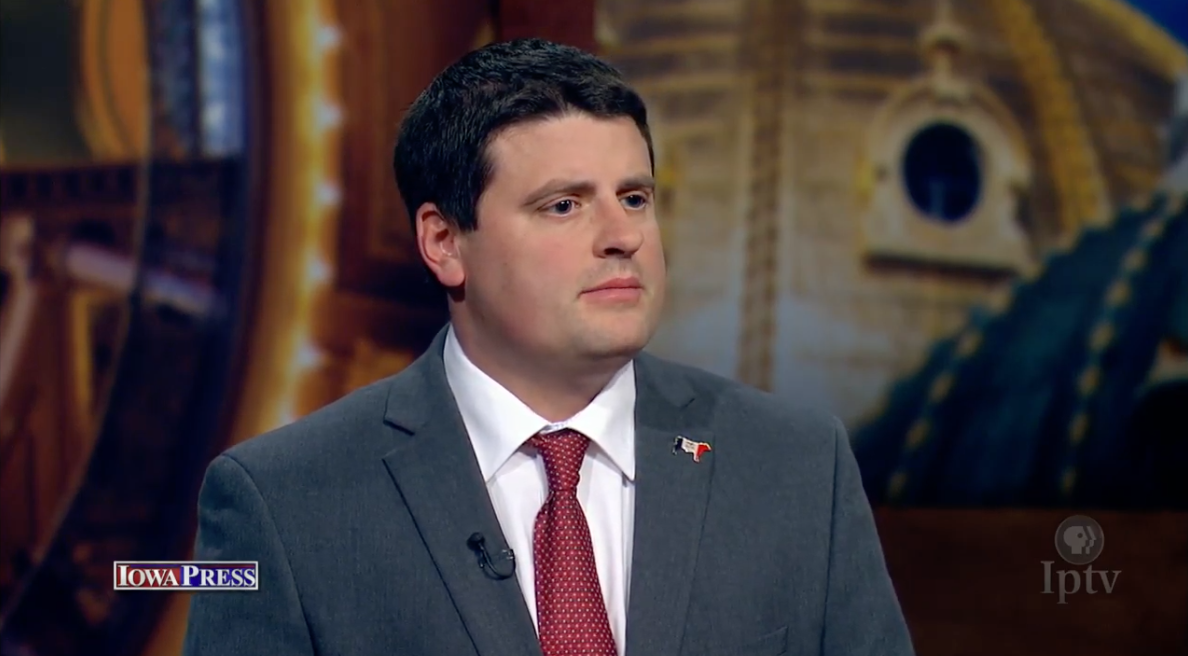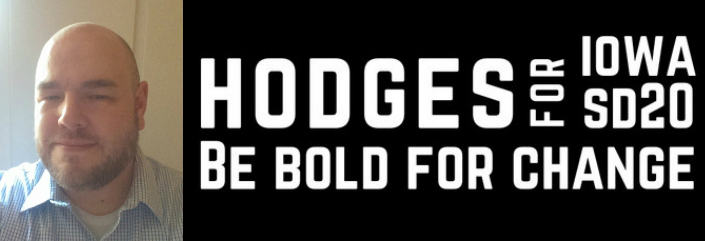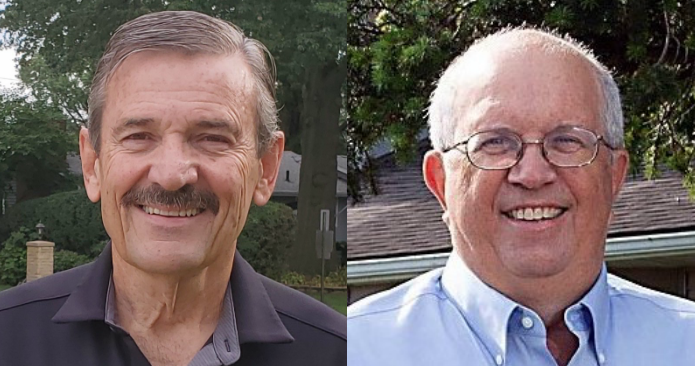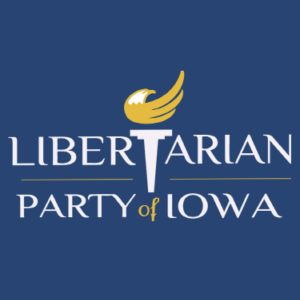The longest-serving Iowa Senate Republican will not seek re-election, he announced on January 24.
State Senator Jerry Behn has represented districts including Boone County in the Iowa Senate for 24 years. Behn briefly ran for governor in 2009 and served as Senate minority leader from late 2011 until shortly after the 2012 election. He currently holds the positions of Senate president pro-tem and vice chair of the chamber’s Ethics Committee.
The senator’s son Chad Behn, a farmer and Boone County supervisor, launched his campaign on January 27 (news release enclosed below). Plenty of family legacy candidates have successfully run for the Iowa legislature, including House Speaker Pat Grassley (grandson of U.S. Senator Chuck Grassley), former House Speaker Linda Upmeyer (daughter of onetime House Speaker Del Stromer), and State Representative Bobby Kaufmann, who represents the district that previously elected his father, current Iowa GOP state chair Jeff Kaufmann.
However, Behn will have serious competition for the GOP nomination. Boone County Republicans co-chair Todd Rasmussen created a Facebook page to promote his state Senate campaign only hours after Jerry Behn made his plans clear.
Rasmussen already has support from State Representative Phil Thompson, who was elected in House district 47 in 2018, and his brother John Thompson, a former member of the Republican Party of Iowa’s State Central Committee. In this photo posted on the Todd Rasmussen for Iowa Facebook page, Phil Thompson is on the far right, Rasmussen is second from right, U.S. Representative Steve King is in the center, and John Thompson is standing behind him. CORRECTION: John Thompson is not pictured here, but he has endorsed Rasmussen for Senate district 24.
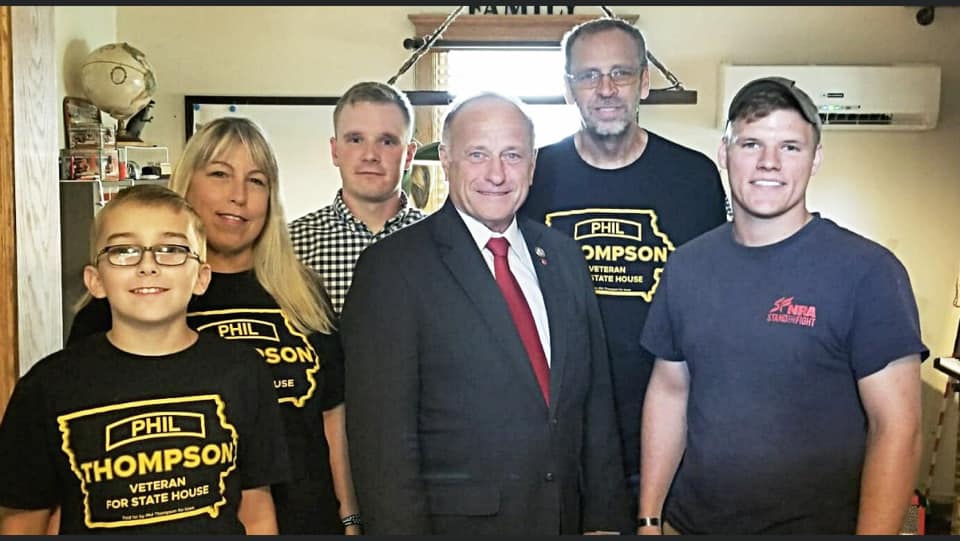
No Democrats have declared in Senate district 24. Greg Piklapp told Bleeding Heartland on January 27 that he has ruled out this race to focus on his Boone City Council work and the boards and committees on which he already serves. David Weaver, the 2018 Democratic nominee in House district 47, also told me he’s not running for the Senate this year.
Tim Winter, who ran for House district 48 last cycle, said he is focused on chairing the Boone County Democrats and organizing the February 3 caucuses.
Other Democrats are said to be considering this race. It would be a long shot, given recent political trends.
Senate district 24 covers Boone, Greene, and Hamilton counties, plus some rural areas and small towns in Webster and Story counties.
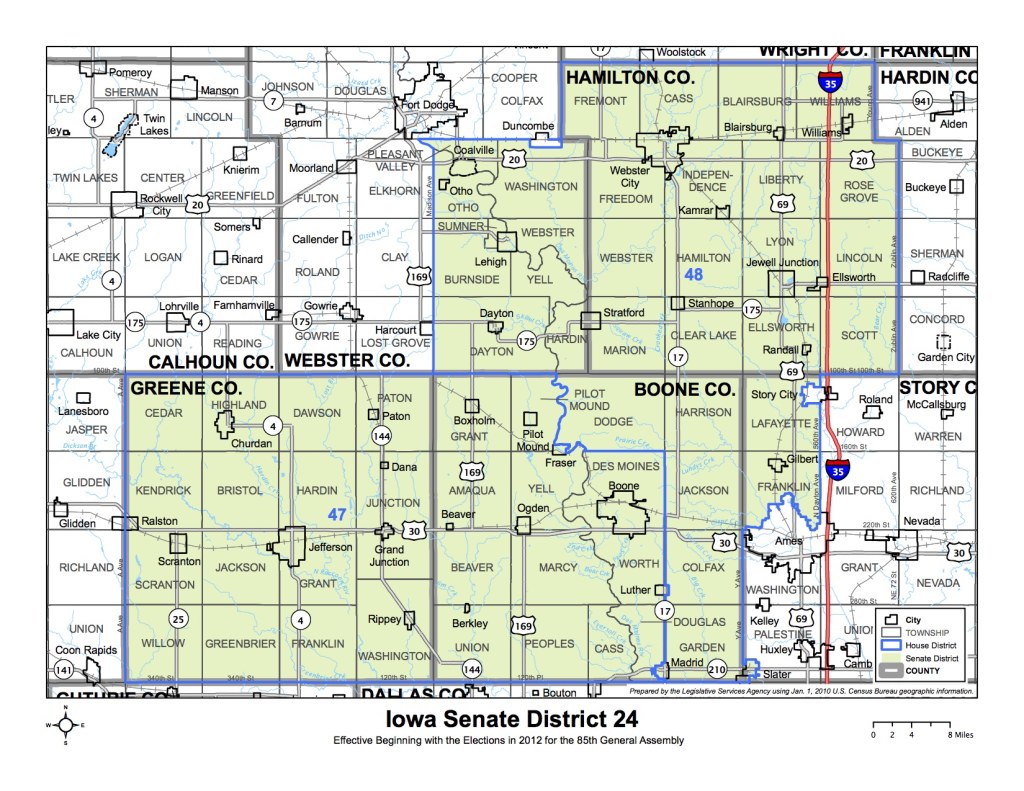
Although Barack Obama narrowly outpolled Mitt Romney in this district by 50.0 percent to 48.4 percent in 2012, Behn defeated his Democratic challenger Shelly Stotts by nearly 3,000 votes (54.7 percent to 45.2 percent) the same year.
Like many other Iowa Senate districts, this area swung heavily to Donald Trump in 2016, giving him 56.0 percent of the vote to 37.4 percent for Hillary Clinton. Meanwhile, Behn won his sixth term against Democratic challenger Keith Puntenney by more than 8,000 votes, taking 63.8 percent of ballots cast. Neither party spent significant money on this race. (Puntenney is better known for being one of the Iowa landowners who sued unsuccessfully to block the use of eminent domain to seize farmland for the Bakken pipeline.)
Even in 2018, a better year for Democrats in much of Iowa, Governor Kim Reynolds gained 53.8 percent of the vote in Senate district 24, while Democratic candidate Fred Hubbell won 44.0 percent.
Republicans have represented both state House seats that are part of this Senate district for the past decade. Chip Baltimore defeated Democratic State Representative Donovan Olson by a hair in 2010, then held House district 47 until his retirement in 2018. Rob Bacon has held House district 48 since 2012; he moved down from the Iowa Senate that year after redistricting paired him up with a more senior Republican.
I will update this post as needed when other candidates emerge.
UPDATE: Kim Weaver told me on January 28 that she is considering running for this Senate seat. Weaver recently moved to Boone and is familiar with all the counties in the area, having been the 2016 Democratic nominee in Iowa’s fourth Congressional district.
LATER UPDATE: As of March 3, three Republicans had filed for the GOP nomination: Rasmussen, Joshua Dyer, and Jesse Green. The filing period ends on March 13.
FINAL UPDATE: Four Republicans and two Democrats submitted nominating papers here. The GOP primary will feature Chad Behn, Joshua Dyer, Jesse Green, and Todd Rasmussen. Keith Puntenney and Cynthia Paschen will compete for the Democratic nomination. Paschen ran for Iowa Senate district 23 in 2014, unsuccessfully challenging State Senator Herman Quirmbach in the Democratic primary.
January 27 news release:
Chad Behn Announces Candidacy for Iowa Senate District 24
BOONE – Today, Chad Behn is announcing his run Iowa Senate District 24.
“Living and farming in this area for many years, I know what rural communities have to offer and know what they need to grow,” said Behn. “My goal in the Iowa Senate will be to fight for smaller government, job growth, and ensuring our communities have what they need to prosper and succeed.”
Chad is son of Senator Jerry Behn, who announced his retirement last week.
Chad grew up in the Boone and attended Boone High School, graduating in 1996. From there went on to DMACC and graduated. Then he went to Presentation College in South Dakota, graduating in 2000 and receiving a bachelor’s degree in Communications. Chad has served as a county supervisor since 2016. Chad has been farming row crops full time for over 18 years. He is a member of the Central Iowa Community Services Mental Health Board, the Emergency Management Association Board, 911 board, and a member of the Farm Bureau. He currently lives in Boone and has two sons.
Continue Reading...


